China has rolled out a new social media rule that’s already dividing opinions both at home and abroad.
From now on, influencers must show proof of their qualifications before speaking on sensitive subjects like finance, health, or law.
The regulation, which took effect on October 25, 2025, has been described by officials as a necessary step to curb misinformation online.
However, critics argue that it could be another tool for tightening control over public speech.
According to Morocco News, the Cyberspace Administration of China (CAC) said the policy aims to ensure online content is accurate and reliable.
Platforms including Douyin (China’s version of TikTok), Bilibili, and Weibo are now required to verify creators’ credentials before they publish content on regulated topics.
Under the new rules, content creators must provide evidence of their expertise such as a degree, professional license, or certification before posting commentary related to finance, medical advice, or legal issues.
Moreover, influencers must now label AI-generated content, include citations for research-based claims, and avoid promoting medical products or supplements under the guise of “educational content.”
Officials insist that the move will protect the public from false or misleading information.
“The goal is to enhance accuracy and accountability in online communication,” the CAC stated.
Some social media users have welcomed the new rule, saying it could help restore trust and credibility in online discussions.
“It’s about time people with real expertise led the conversation,” one Weibo user commented.
However, the policy has faced backlash from online communities and free speech advocates.
The controversy over China’s influencer qualification law has also spilled into international discussions.
Many digital rights advocates say the policy raises an important global question who gets to share information in the digital age?
While the new influencer regulation in China may help reduce fake information, it also risks creating an environment where creativity and free expression suffer.
Furthermore, the policy highlights the growing global tension between regulation and freedom in online spaces.




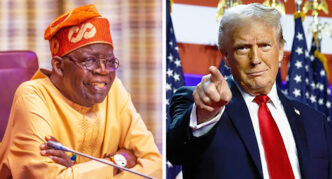
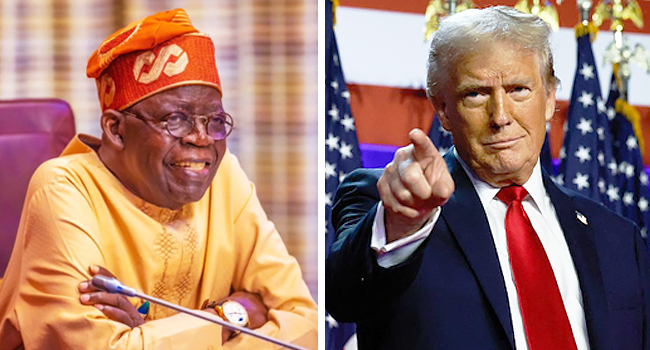


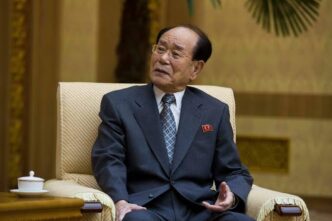
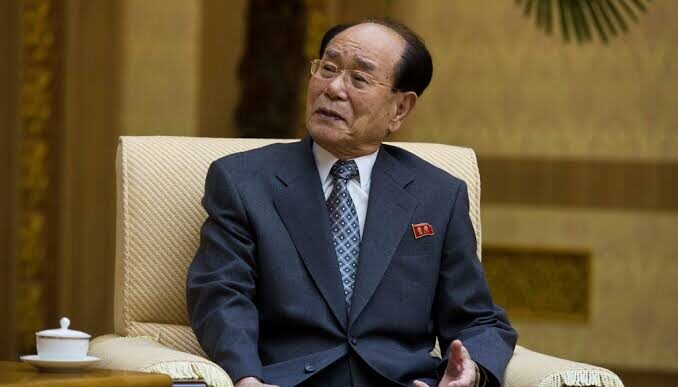
Very good law passed. It will reduce the rate of misinformation and clout chasing at the least